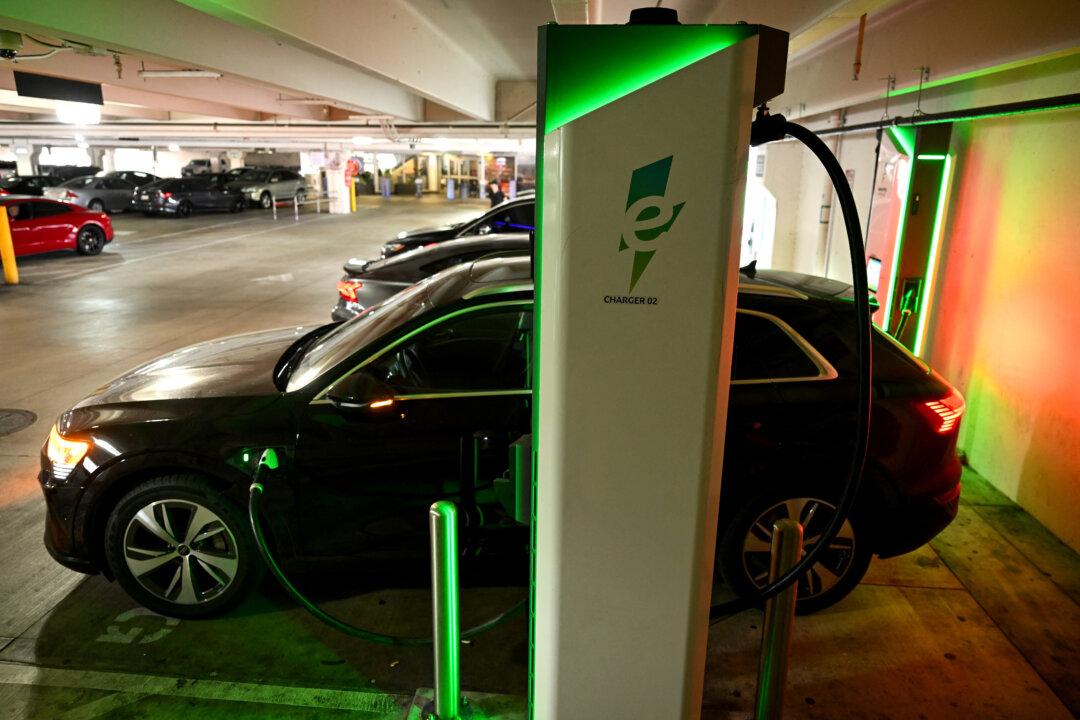California Gov. Gavin Newsom announced on Nov. 25 that he will propose a new state-level program to offer tax credits for zero-emission vehicles if the administration of President-elect Donald Trump moves to eliminate federal tax allowances.
The governor said the state remains committed to encouraging adoption of electric and other alternative fuel vehicles.





